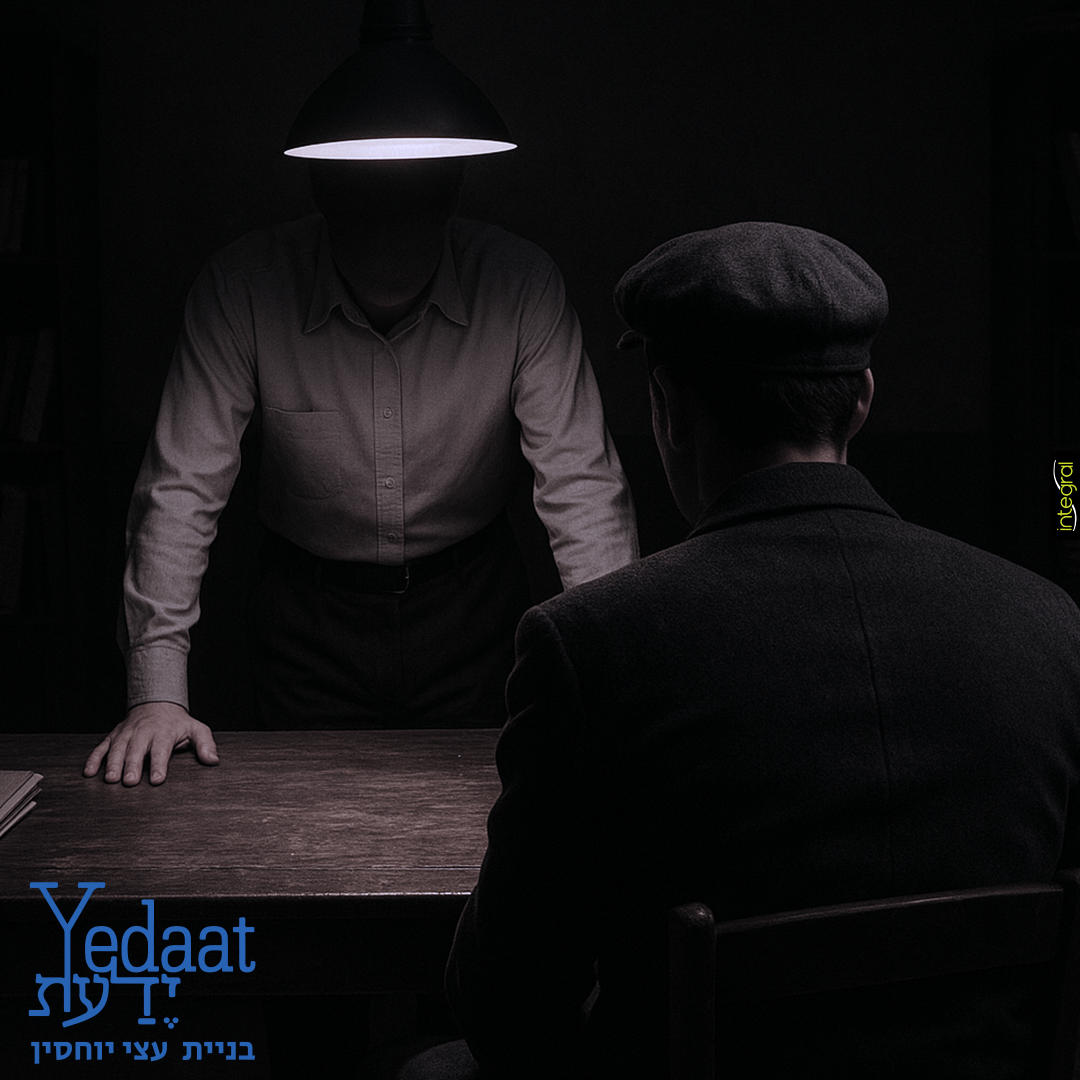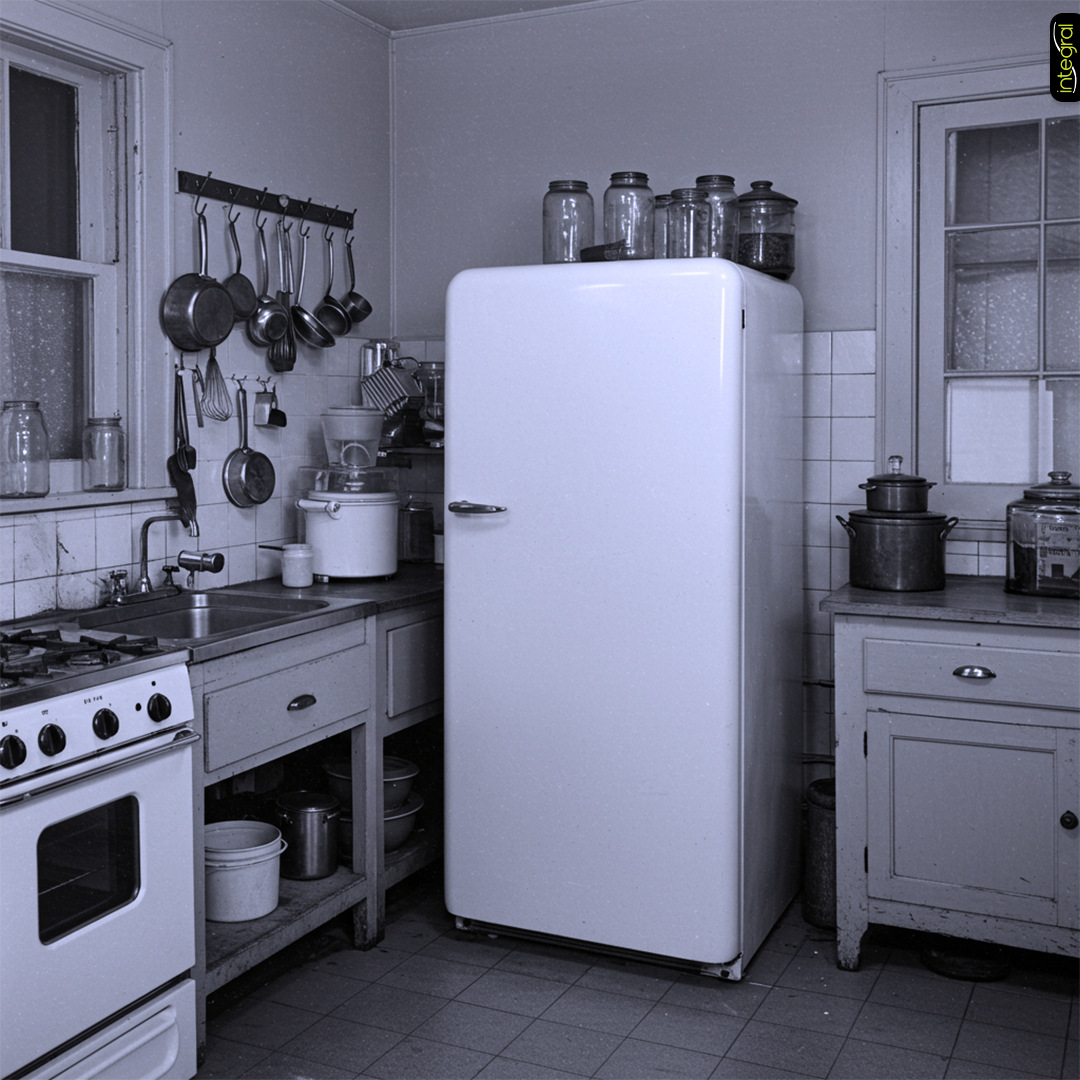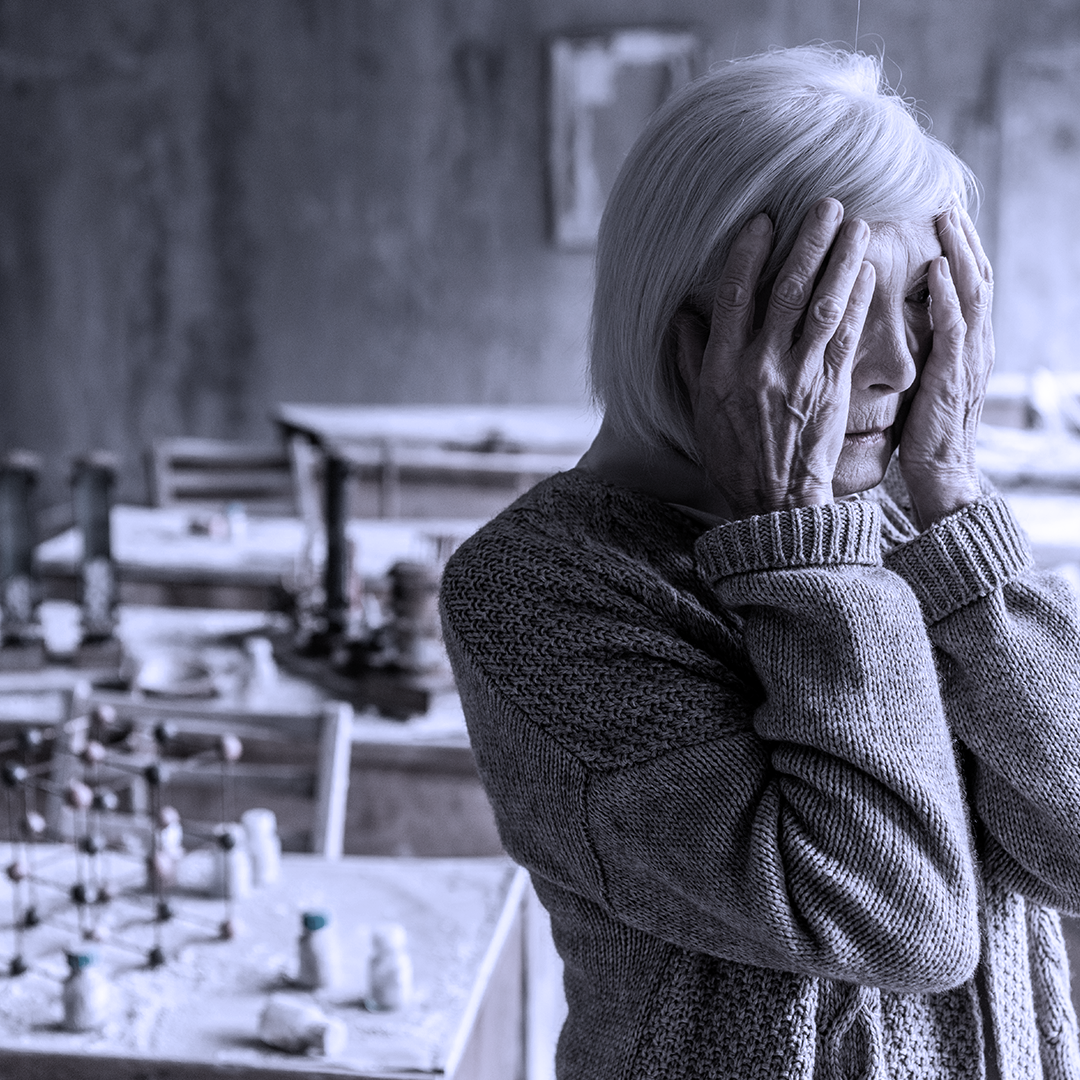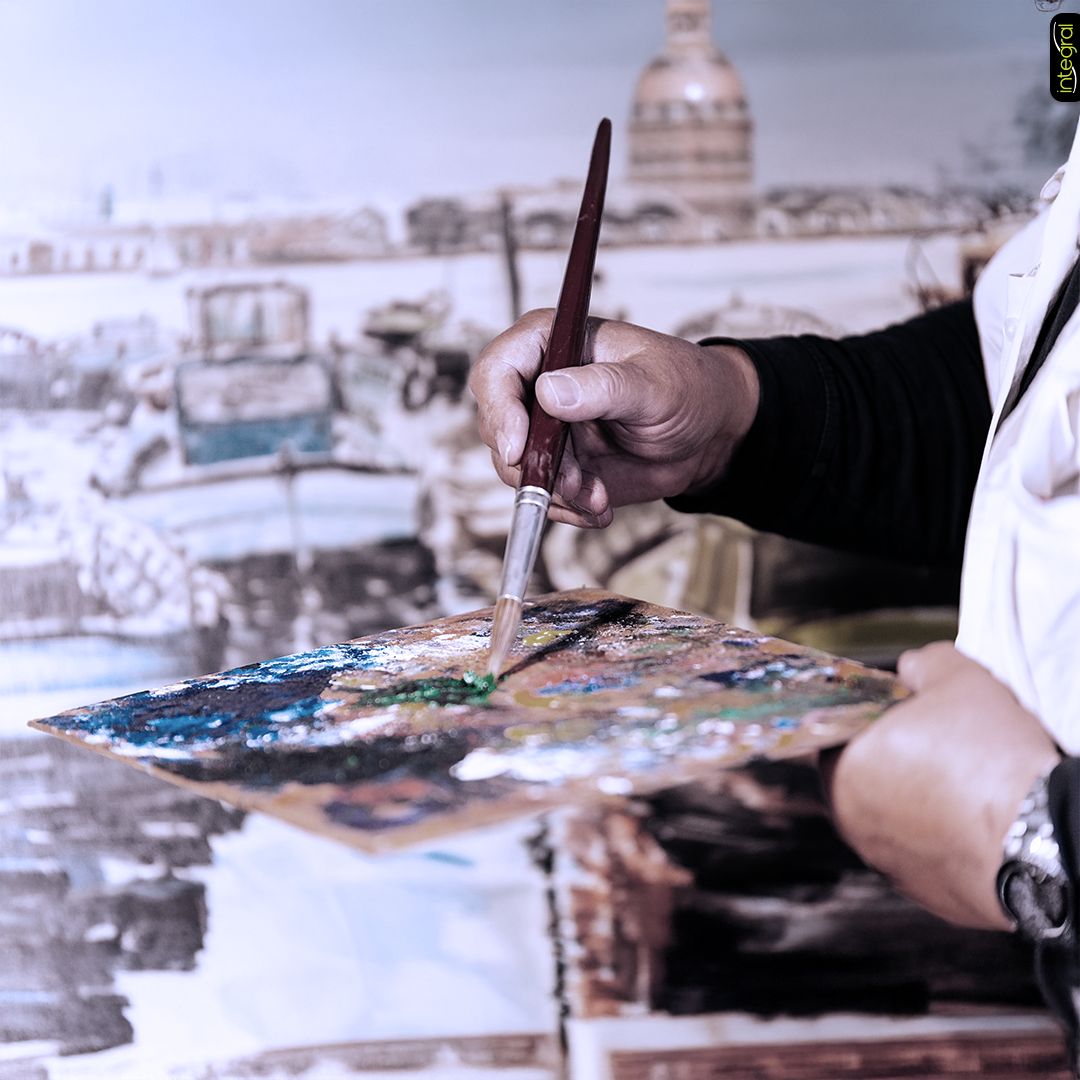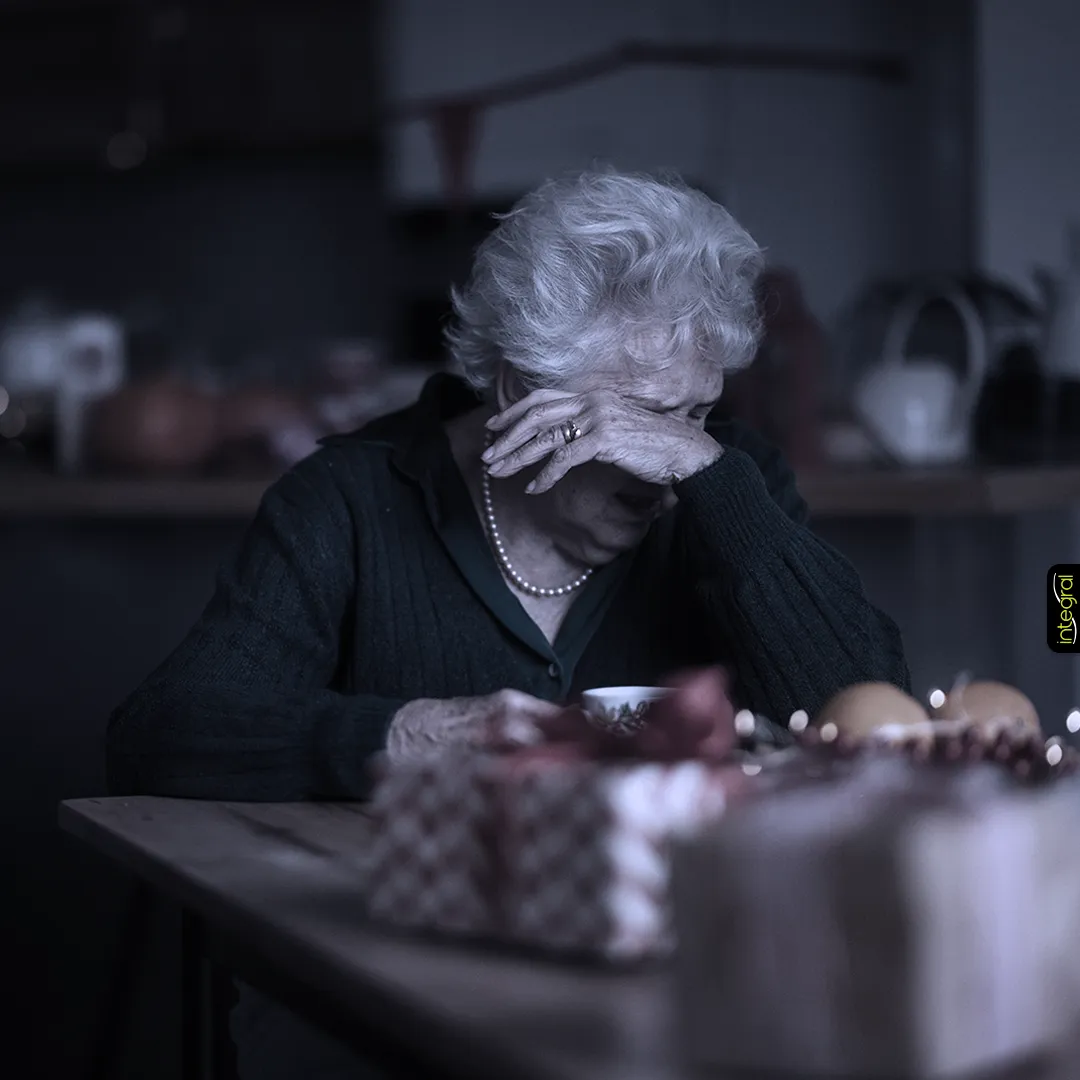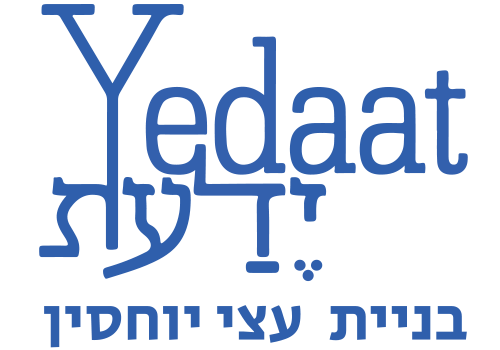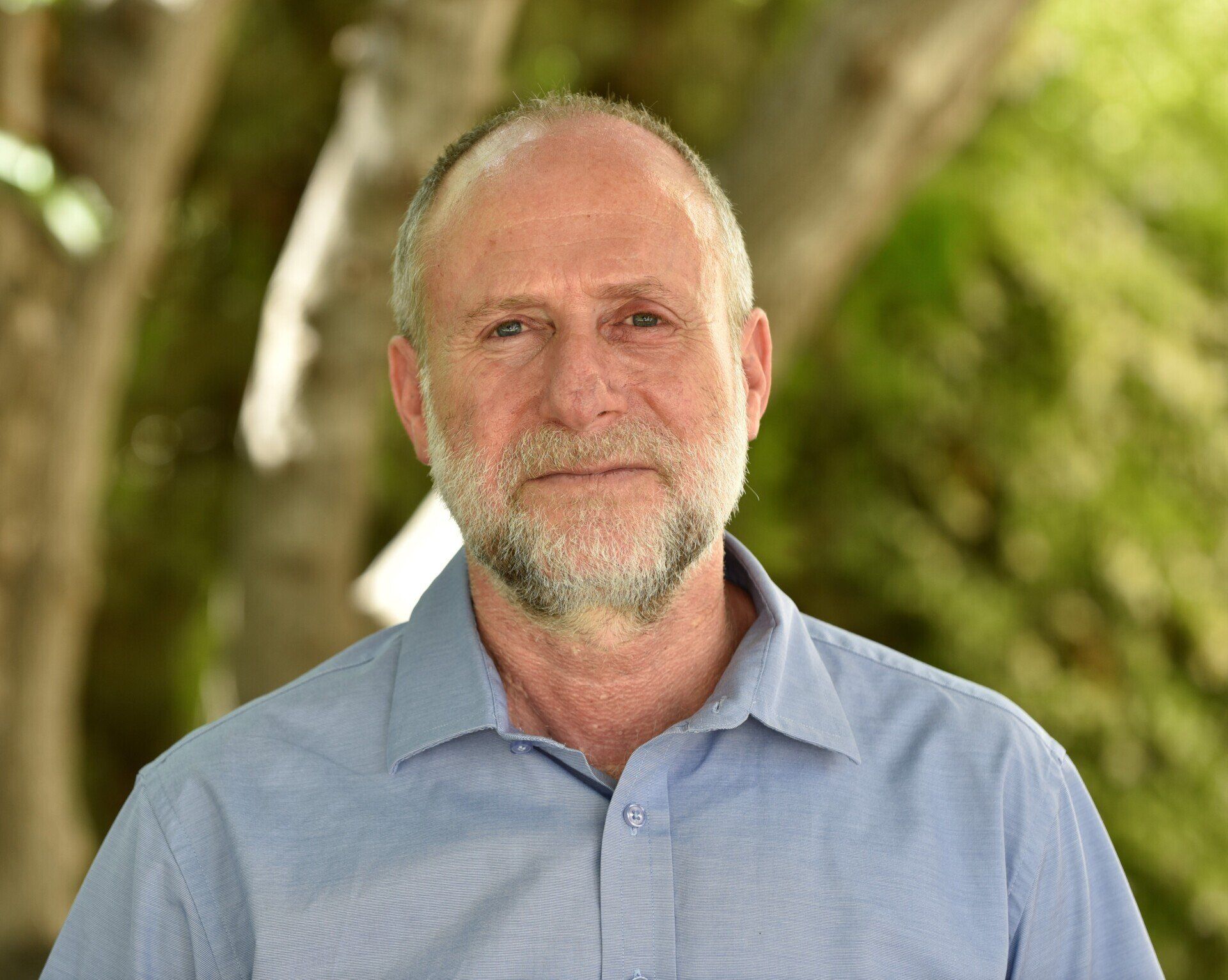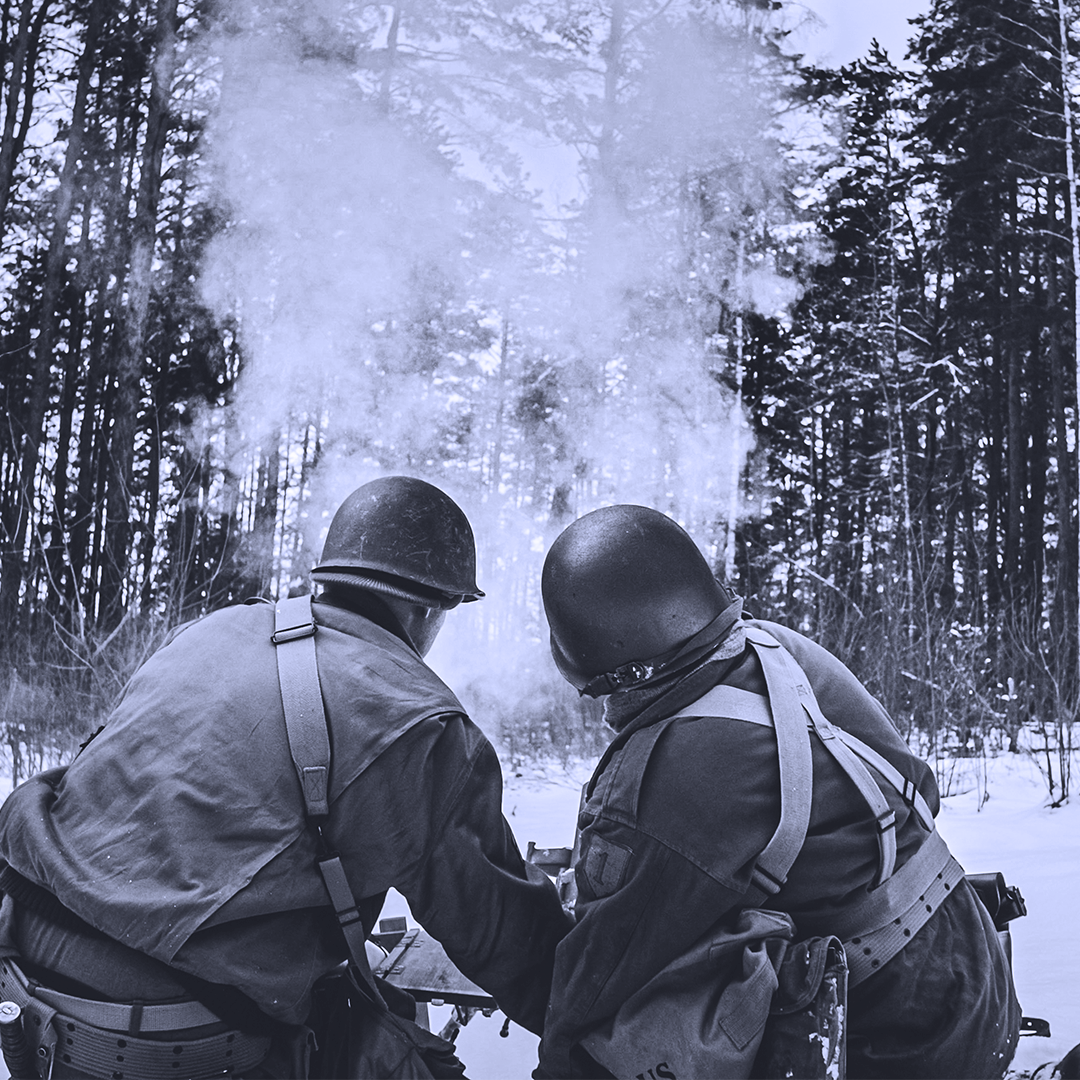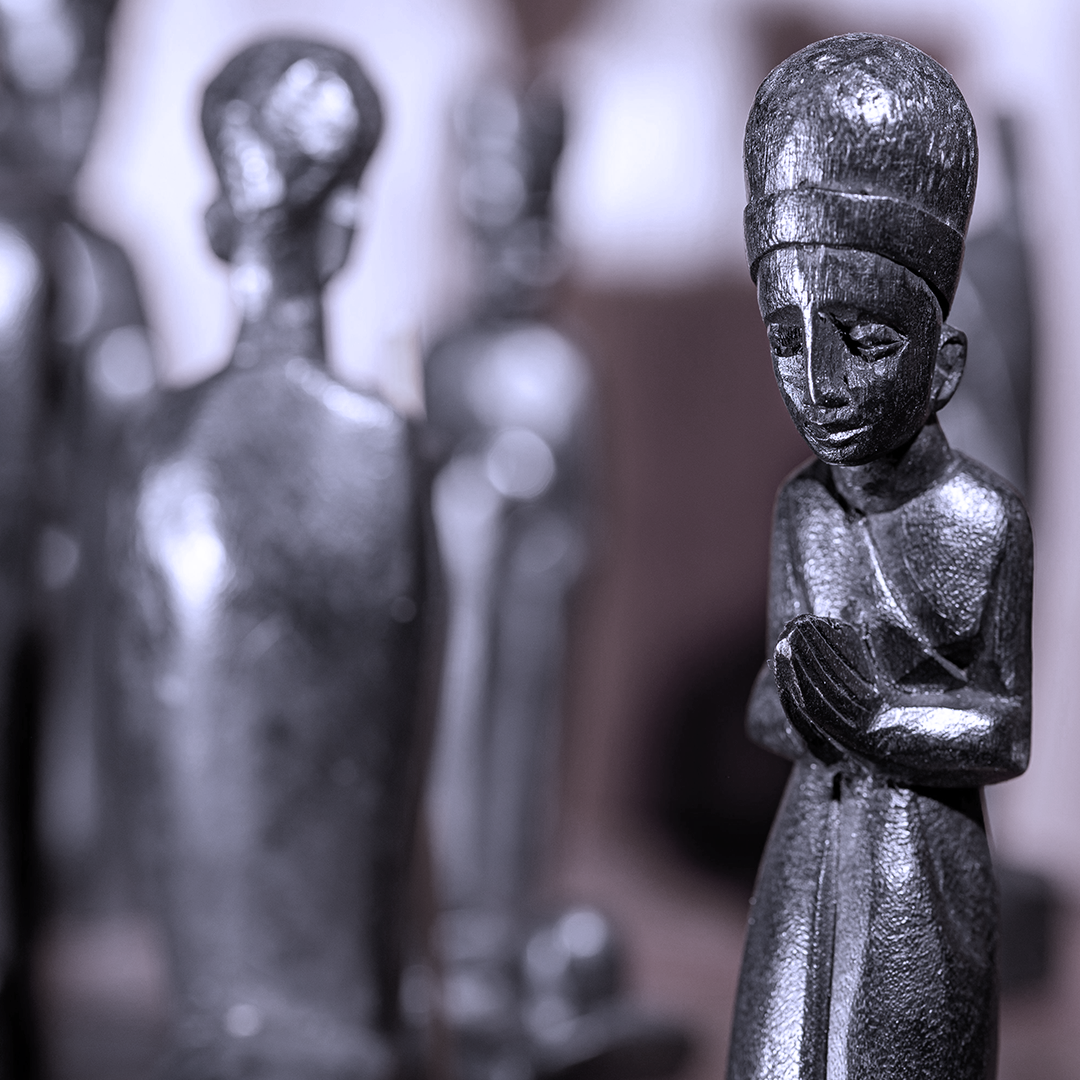אחרי חמישים וחמש שנים
Aviad Ben Izhak
קיץ 1968 ניו יורק
ההכנות וההתארגנות הסתיימו, שבועות של התארגנות, קניית מתנות לקרובים, רכישת הכרטיסים, התיאומים, כל זה הסתיים. היא הביטה מבעד לחלון המטוס הממריא ויכולה הייתה לראות את גורדי השחקים של מנהטן, אלו הלכו והתרחקו מרגע לרגע. המטוס הגביה בחדות לעבר המרחבים האינסופיים של האוקיינוס מלמטה והשמים מעל.
אידה הייתה אחוזת התרגשות כילדה קטנה. שנים שהיא חולמת על הרגע הזה, הרגע שתראה מישהו ממשפחתה הקרובה שוב, כמעט חמישים וחמש שנים ועכשיו זה מתקרב.
שנים שהמצב הכלכלי מנע את זה, אחר כך היה צריך לחתן את הבנות ואחר כך עוד אלף ואחד דברים שקדמו לזה. בשנים האחרונות זה היה בנימין בעלה שדחה את זה שוב ושוב בתואנות כאלה ואחרות. היא הרגישה שהזמן אוזל, שאולי בגלל כל הדחיות האלה היא לא תספיק. עכשיו בגיל שבעים וחמש כשהיא נבהלת מכל מיחוש בחזה, קיוותה ששום דבר לא ימנע ממנה את המפגש המיוחל. חיכתה וציפתה שהמסע הזה יגמר והמעגל ייסגר. שבועות שהיא בקושי ישנה בלילות, חולמת ומתעוררת. כעת במטוס, מחשבותיה התרוצצו לכל הכיוונים, חושבת על כל מה שעבר מאותו היום שבו עזבה את ביתה העלוב כחיה, חייקה בת העשרים ועד עתה. בלבה הצטערה על כך שבנימין בעלה לא יהיה איתה ולא יוכל לראות את הפלא הזה שיהודים בנו שם בארץ ישראל. הצטערה על כך שהוא לא יראה את הקרובים שאיתם היא שומרת על קשר רק דרך מכתבים במשך כל השנים הארוכות האלה. אידה מחתה דמעה בחשבה על בנימין שהלך לעולמו לפני כשנתיים.
1913 לילצ'יץ' (איזור העיר מוזיר – בלרוס)
ההתרגשות במשפחת זקס הייתה גדולה. הבת חייקה אספה את מעט מטלטליה בצרור קטן ופנתה להיפרד מבני המשפחה לפני המסע הגדול לאמריקה. היא התחבקה ארוכות עם אמא שרה ואביה אפרים, אחר כך נפרדה מאחיה שלמה שהיה קרוב מאוד לגילה, ממרדכי הקטן, רק בן תשע, מאחותה נחמה בת השלוש עשרה, ומכל שאר האחים והאחיות. אביה העמיס את הצרור הקטן על העגלה וסייע לה לטפס ולהתיישב, אוחז בידה כמאחל דרך צלחה. זו הייתה הפעם האחרונה שבה ראתה מישהו מבני המשפחה הגרעינית שלה.
1921 לילצ'יץ' (איזור העיר מוזיר – בלרוס)
את דממת הבקר הקריר קרעו צעקות של המון, אליהן התלוו בכי וזעקות שבר של יהודי העיירה. נחמה הביטה מבעד לחלון, כמה עשרות גויים התקדמו בריצה לעבר בתי היהודים, בידיהם אחזו לפידים, קלשונים ומקלות. ההמון גידף וקילל, הם הגיעו אל הבית הראשון והוא כבר עלה בלהבות. איתה בבית היו רק שתי אחיותיה הקטנות, לא היה לה יותר מדי זמן, ההמון הפתיע אותה והם היו קרובים מאוד. היא אחזה בידיהן של שתי האחיות ורצה שפופה אל עבר השיחים הקרובים, מעמיקה לתוך הסבך, מקווה שאיש לא מבחין בהן.
מהמסתור בלב השיחים יכולה הייתה לראות חלק מהמתרחש. היא הסתה את אחיותיה הקטנות ומנעה מהן להסתכל בזוועות. כשראתה את ההמון מתנפל על שלמה אחיה, כסתה את פיה מבועתת והתאמצה שלא לפלוט זעקה. מיד אחר כך אחזה בידן של שתי האחיות כדי להרגיע אותן ואולי כדי להרגיע את עצמה.
היא נשארה במחבוא מספר שעות עד שראתה את ההמון עוזב, לוקח עימו כל מה שיכול היה לבזוז ומשאיר אחריו הרוגים, פצועים, הרס ובתים שרופים. אחיה שלמה זקס היה אחד מקורבנות הפוגרום.
הפוגרום שכנע את נחמה שהאנטישמיות היא הבעיה המרכזית, לבעיה הזו, החליטה יש רק פתרון אחד – הציונות. היא עזבה את ביתה מיד אחריו, גנבה גבולות ברגל וברכבות, הגיעה לוורשה ועבדה שם כמה חודשים כמורה לעברית ומשם הגרה לארץ ישראל.
1926 - 1928
מרדכי זקס החליט להגר לארץ ישראל בעקבות אחותו הגדולה ממנו. הוא אסף פרוטה לפרוטה. האחיות אידה (מברוקלין) ונחמה (מארץ ישראל) שלחו כל מה שיכלו. באמצעות כל מה שאסף הצליח לקנות כרטיס להפלגה. חלק גדול מהדרך לנמל עשה ברגל ועתה נשארו לו עוד כמה קילומטרים אחרונים. עגלה עברה לידו והוא ביקש הסעה, כשסיפר לבעל העגלה היהודי, שהוא בדרכו לארץ ישראל, היהודי התנדב להסיע אותו ללא תשלום ממש עד לפתח הנמל. נותרו לו כמה פרוטות וכמה שעות עד ההפלגה. את הזמן הזה ניצל כדי לקנות ככר לחם אחת, ככר הלחם הזו הזינה אותו מספר ימים, כל משך ההפלגה מאודסה ליפו. מיפו פסע ברגל לרמת גן בכדי למצוא את אחותו. מכיוון שלא הכיר את הסביבה הצטייד לביטחונו האישי במקל גדול. בדרך עבר ליד המושבה המטופחת שרונה, אחר כך חצה ברגל את הערוץ היבש של הנחל הנקרא היום איילון. ברמת גן איתר את אחותו נחמה ובעלה חנוך. השניים התגוררו בצריף עלוב ומאולתר שחנוך בנה מכל הבא ליד.
ב-1927 נחמה וחנוך פנו להקים את המושב כפר יהושוע בעמק יזרעאל ואילו מרדכי עבר לחדרה. בימים הראשונים בכפר יהושוע, נחמה ומשפחתה סבלו חרפת רעב. היה זה מרדכי שאחת לכמה ימים היה רוכב על הפרד שלו כל הדרך מחדרה לכפר יהושוע, נושא עמו ככר לחם עבור אחותו ומשפחתה.
ב-1928 המשפחות של מרדכי ושל נחמה עברו לגור ביחד, המשפחות הראשונות והמייסדות של כפר ברנדייס ליד חדרה. המשפחות גרו בצמידות בכפר הקטן, רק גדר ברזל דקה הפרידה בין נחלותיהן.
קיץ 1968 - ישראל
האוטובוס המיושן הזדחל בכבישים הצרים, כל הדרך משדה התעופה בלוד לעבר חדרה, עובר בדרכו על פני שדות וכפרים, פרדסים וערים, חולף על פני שדרות ארוכות של אקליפטוסים ענקיים. אידה או בשמה המקורי חייקה ספרה את הדקות עד לסיום הנסיעה. כשהאוטובוס הגיע לחדרה היא נאלצה להמתין לקו 11 וגם זה הגיע בעצלתיים והזדחל לו עד שהגיע לבסוף לתחנה שבה ירדה. האוטובוס נסע והשאיר אותה עומדת בחול בתוך ענן אבק עם המזוודה עמוסת המתנות. אידה הרימה את ראשה, מולה מעבר לכביש הצר, מרחק של מטרים ספורים בלבד, עמדה, נשענת על שער ביתה, אחותה נחמה, האחות שאותה לא ראתה חמישים וחמש שנים.
מוקדש לסבתי היקרה נחמה זקס ז"ל (1900-1975) ולכל צאצאי משפחת זקס.
אודות הכותב- אביעד בן יצחק
אביעד בן יצחק (סגן אלוף במיל.) מפקד בית הספר למחשבים ("ממר"ם") בצה"ל בעבר ומייסד Yedaat - עצי יוחסין.
מומחה לבניית עצי יוחסין ואיתור שורשי משפחה. בעל ניסיון רב ומגוון בבניית עצי יוחסין הכוללים אלפי אנשים.
אביעד מוגדר כ Geni curator והינו אחד מהבודדים בישראל שהוסמכו לנהל את עץ היוחסין העולמי.
אביעד מרצה מנוסה ובקיא המעביר את ההרצאות בצורה קלילה, ברורה ומלאת הומור. הרצאותיו מועברות בארגונים, בגופים קהילתיים, בחוגי בית, בחוגי העשרה למבוגרים ועוד.
כל הזכויות שמורות למחבר – שמות המוצרים והחברות הינם שמות מסחריים רשומים העומדים בפני עצמם!
